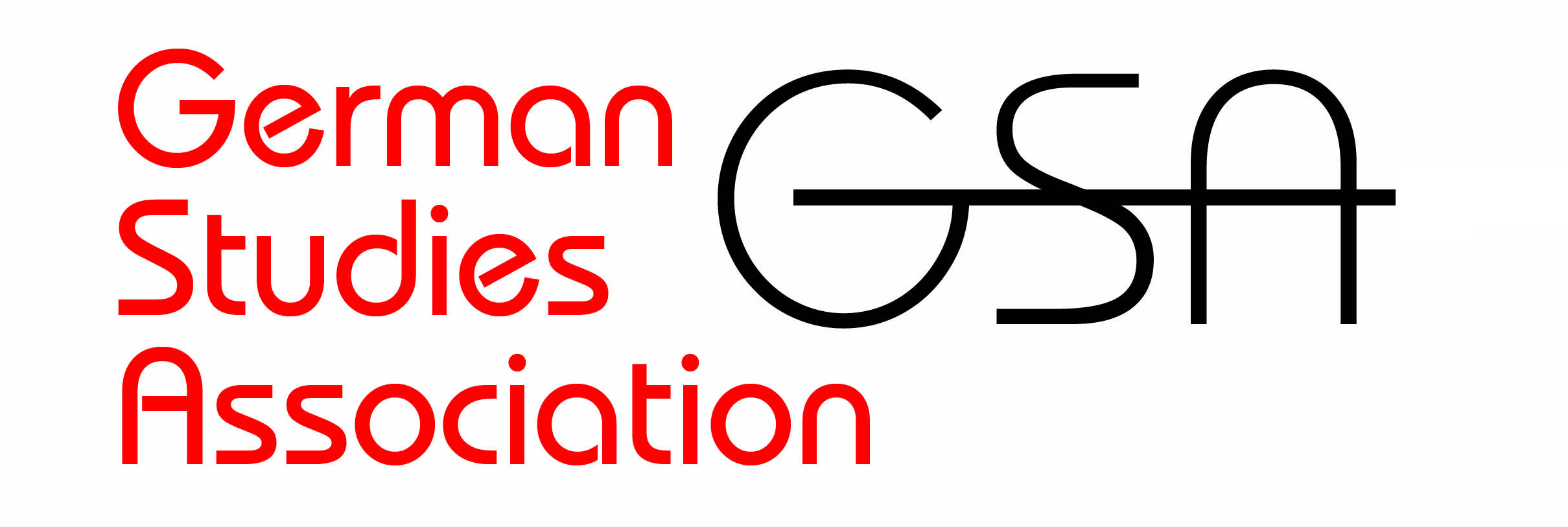DISORIENTATIONS/DESORIENTIERUNGEN
Once again, Europe and Germany are dealing with extraordinary political, economic, cultural, and administrative crises. Britain is leaving Europe. Other countries are also considering their own exit. There is potentially another global financial crisis on the horizon. Nationalism is on the rise throughout the region. The largest minority party in Germany’s parliament is now the neo-nationalist Alternative für Deutschland (AfD). The #MeToo and #BlackLivesMatter movements have galvanized attention around sexual assault and racial violence.
And if these issues are not disorienting enough, there are the overarching challenges of global warming and immigration, and the European project itself is seriously at risk of disintegration. This list, by no means comprehensive, identifies some of the most important issues facing Germany and Europe politically, culturally or economically in the present moment.
Yet periods of cultural, social, political, and personal confusion often lead to opportunities for substantive reflection and even radical interventions into prevailing assumptions and norms. How do moments of upheaval create spaces for political and cultural engagement? How do disruptions, social anxieties, cultural conflicts, gender troubles, racial reflections, calls of conscience, transformations in technologies, and the indeterminacy of language allow for restructuring, aesthetic evolutions, even transformations in collective sensibilities? How could analyses of past moments of disorientation/Desorientierung shed light on those faced in contemporary society?
For its 8th annual summer workshop, the Berlin Program welcomes proposals from a wide variety of disciplinary practitioners, scholars and academics of various affiliations, engaged and active artists and makers, independent scholars and figures in cultural and political institutions to submit an abstract and to present on the ways in which disorientations/Desorientierungen help refigure disciplinary, social, cultural, political, historical, or personal identities and even reshape the role of academia itself.
APPLICATION & DEADLINE: Please submit one PDF file containing a 250-word abstract and a two-page CV by April 1, 2019 to bprogram[at]zedat.fu-berlin.de
FOR MORE DETAILS, see our Call for Papers.
THE PROGRAM COMMITTEE
Dr. Deborah Barton | Université de Montréal
Dr. Mark Cassell | Kent State University
Dr. Jeremy DeWaal | University of Exeter
Karin Goihl | Freie Universität Berlin, Berlin Program
Dr. Thomas O. Haakenson | California College of the Arts
